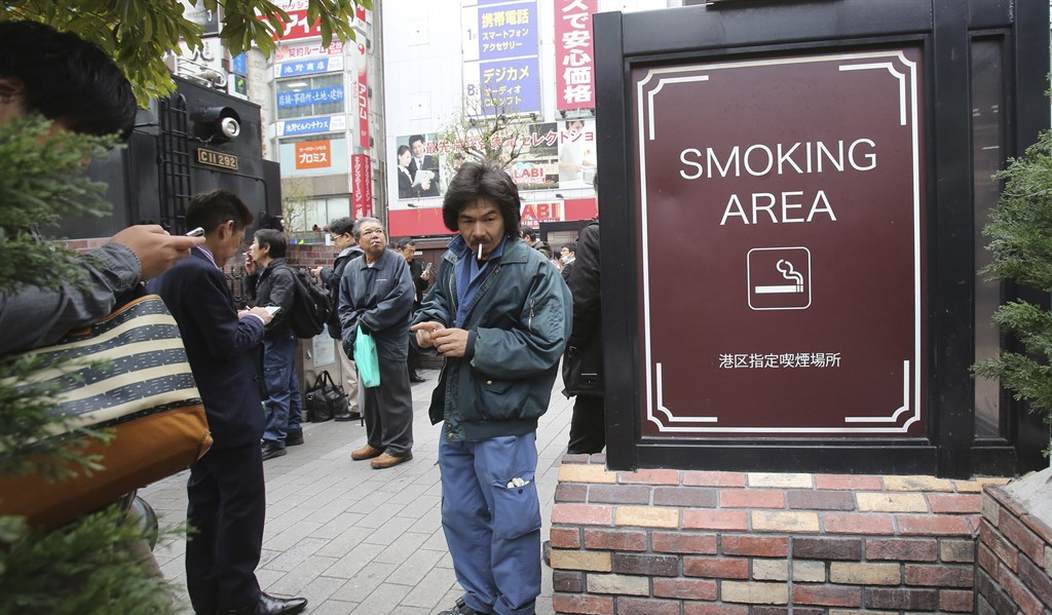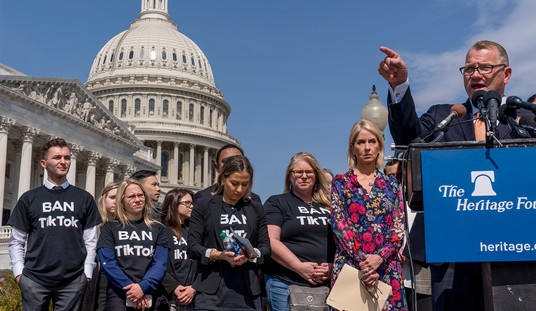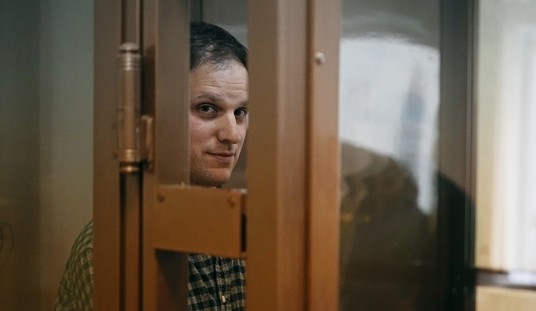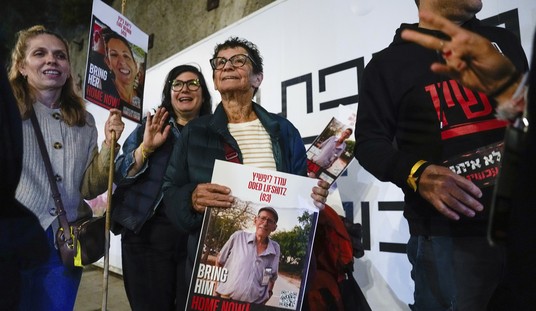Back in December we looked at one of the final “midnight regulations” handed down from the Obama administration which sought to ban smoking tobacco products in government housing units. That was a complicated case to be sure, but Susan Shapiro brings up an even stranger story at the Washington Post this week. Shapiro is a former smoker herself (who is to be congratulated for having kicked the habit fifteen years ago) and lives in a privately owned co-op which is considering banning smokers and even giving the boot to people who already own a unit there if they smoke.
The author finds this to be a bad idea, and her argument basically boils down to one of not punishing people for a habit they might not be able to quit and are engaging in on property which they paid for.
I know firsthand smoking isn’t good for anyone’s health. But a landlord shouldn’t be able to force a tenant to quit doing something that’s perfectly legal, that they’ve been doing in the privacy of their own home, just because it’s self-destructive — especially when a lot of people can’t just quit at will…
The U.S. Department of Housing and Urban Development maintains that its recently implemented smoking ban protects nonsmokers from secondhand smoke and reduces fire risks.
But changing rules that apply before someone moves in is different from dictating that owners can no longer smoke in a home they bought when cigarettes were allowed. If a co-op like mine kicks a smoker out, it might not even be possible to afford another place in the city. The cost of a small walk-up in my Greenwich Village neighborhood has skyrocketed to around a half-million dollars.
We’re getting into some totally different territory here when we begin talking about regulating private behavior on private property rather than government owned housing. It’s also important to keep in mind the difference between renting and owning. Hotels can legally forbid you from smoking in the rooms you rent and even charge you an astronomical cleaning fee if you break those rules. Apartment complexes become a bit more tricky because you are actually establishing a residence (and your home is theoretically your castle) but when you vacate the place the landlord will have to clean it, paint the walls and ceilings and do everything else to rid the place of residual smoking smells before renting it again. (Unless they are catering to smokers of course.)
But what really grinds my gears about Susan’s case is that this is a co-op. Her neighbors aren’t renting. They have to pay to purchase the property just as if it were a single family home, plus the generally accepted burdens of paying a fee to the co-op association (in most places) to cover maintenance costs. I can understand if the co-op board wants to ban smoking outside in the common areas shared by all, but inside of the residents’ homes? Once you accept their money and sell them a home, any legal activities they engage in while indoors should be their business. Yes, smoking is unhealthy, but as the author points out, tens of thousands of people die from situations relating to alcohol every year (be it automobile accidents of health problems) and you don’t see anyone trying to ban drinking in their rooms.
Perhaps this is less of a tobacco regulation question and more an argument over the legal rights of people living in condos and co-ops. If you are a renter you have a certain responsibility to preserve the value of the property (within reason) on behalf of the owner. But if you buy a unit in a co-op and do something which degrades the value, that burden falls on you when you try to sell it. It’s a question of personal responsibility. If anyone in the author’s building gets an eviction notice over this they should take it to court. I’d be very interested to learn the results.








Join the conversation as a VIP Member